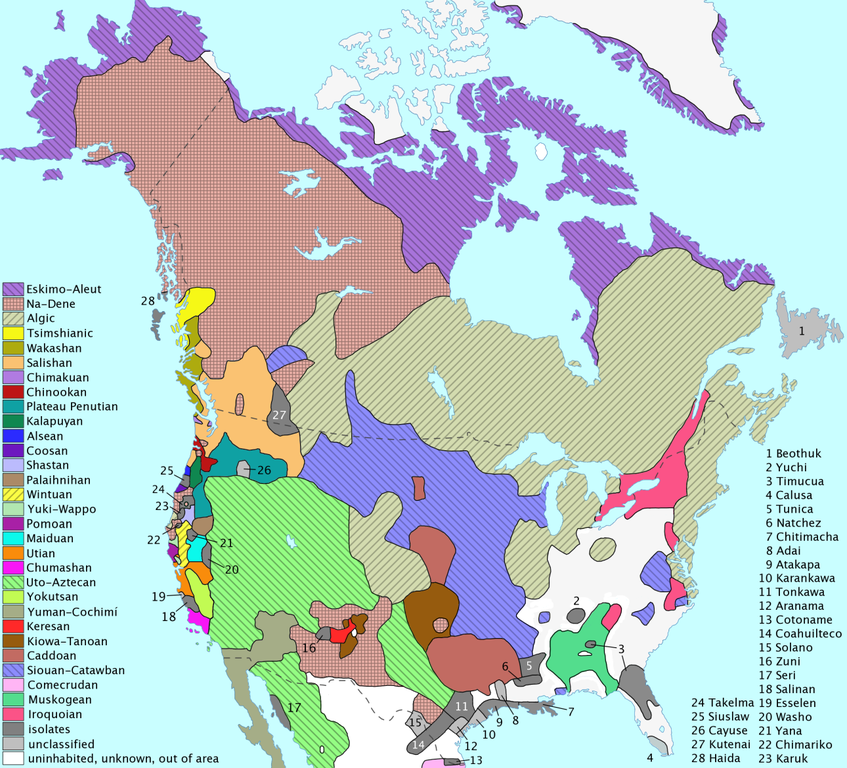Eurobubba
Eurobubba
Swift Passage 2.0 will support language revitalization groups
As I reboot my business (more on that in a later post), I’m committed to making a positive difference in the communities we serve that goes beyond our day-to-day work with clients. Since the diversity of human languages is at the very heart of what we do, there’s no better avenue for realizing that commitment than to support organizations working to sustain and promote endangered languages — and no better time than Indigenous People’s Day to make an initial donation.
Language preservation is of paramount importance for indigenous communities, serving as a fundamental pillar of their cultural identity and heritage. These languages are not mere tools of communication; they encapsulate centuries of wisdom, traditional knowledge, and a unique worldview intricately tied to the land and environment. As globalization and modernization continue to exert their influence, indigenous languages face the risk of extinction, with many already on the verge of disappearing. The loss of a language equates to the erasure of a distinct way of understanding the world, impacting social structures, spiritual practices, and the transmission of ancestral wisdom. Language preservation is a crucial step towards maintaining the rich tapestry of diversity in our global cultural landscape, fostering a sense of pride and self-worth within indigenous communities, and facilitating intergenerational continuity. Efforts to safeguard and revitalize these languages are not just linguistic endeavors; they are acts of cultural resilience and resistance against the forces that threaten to homogenize the world’s cultural mosaic.
This year we begin with a donation to The Language Conservancy, the foremost organization working with endangered languages in North America, working in partnership with dozens of communities to revitalize their languages.
Since “Swift Passage 2.0” is still in its infancy, this year’s contribution is more of a symbolic gesture, but I intend to increase the percentage of profits donated to The Language Conservancy and allied organizations each year as long as we’re around. If we last 100 years, all profits will go to language preservation!

Image source: Wikimedia Commons